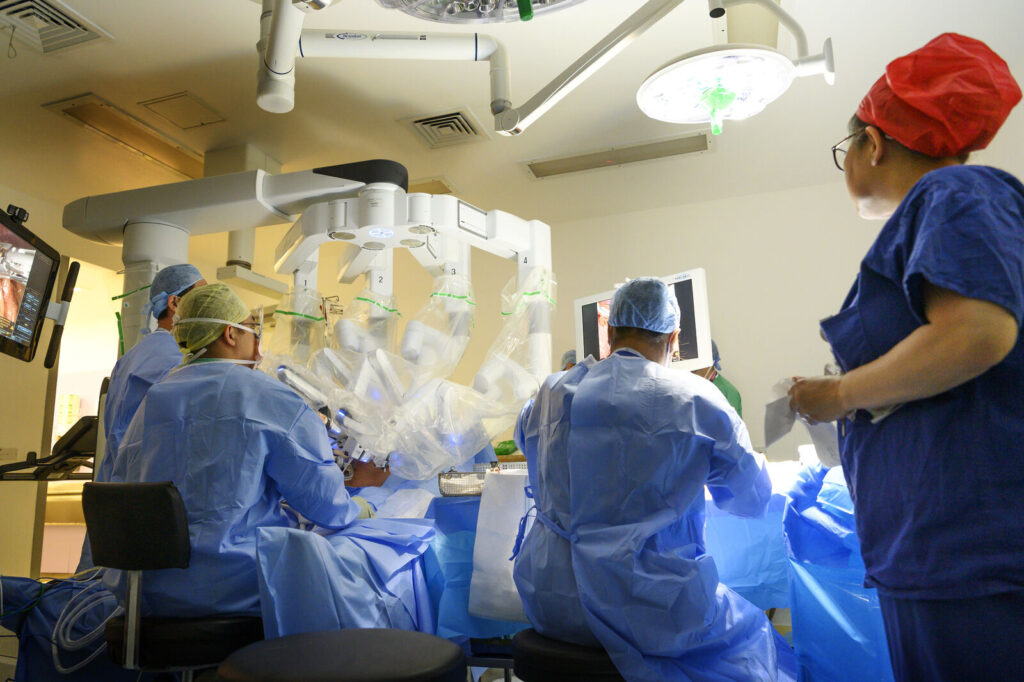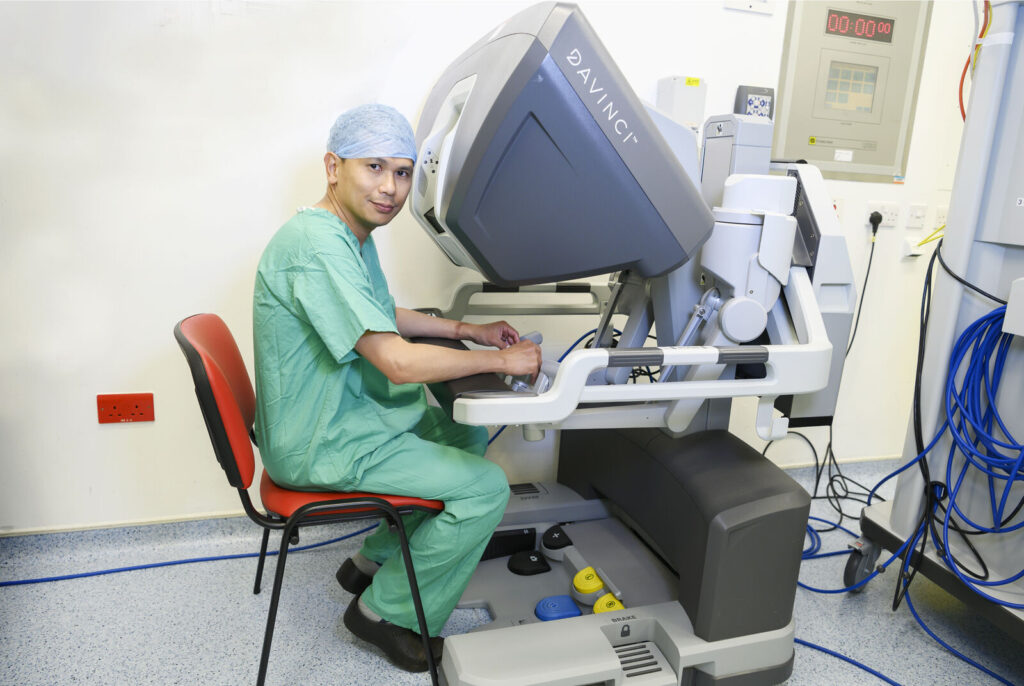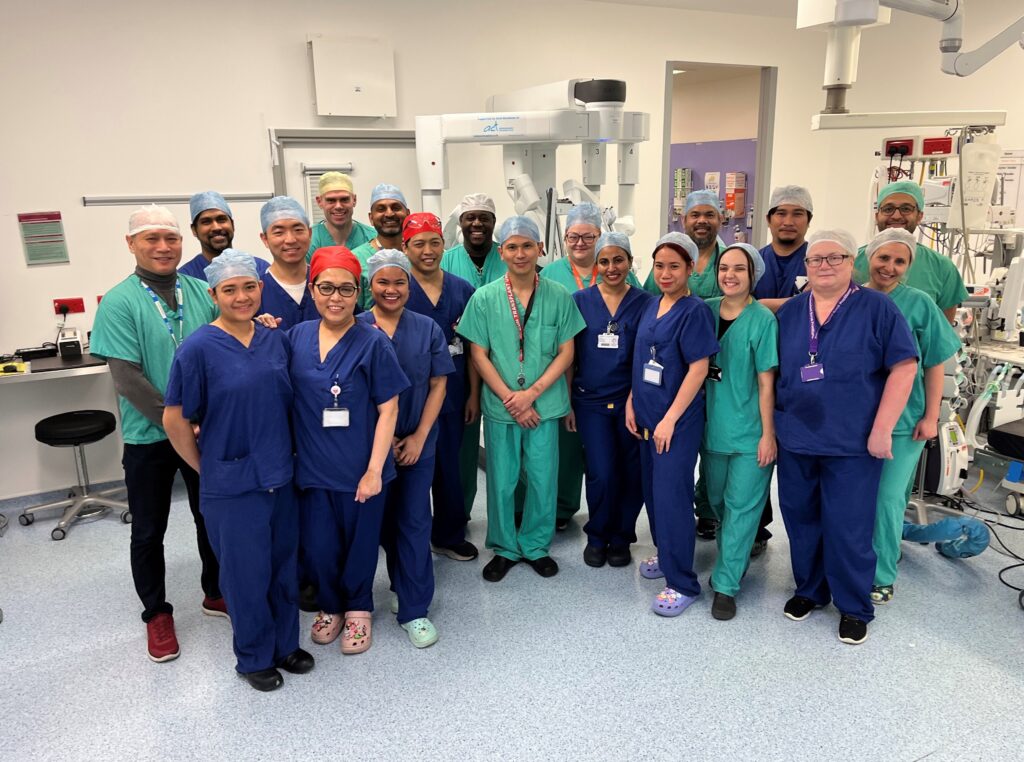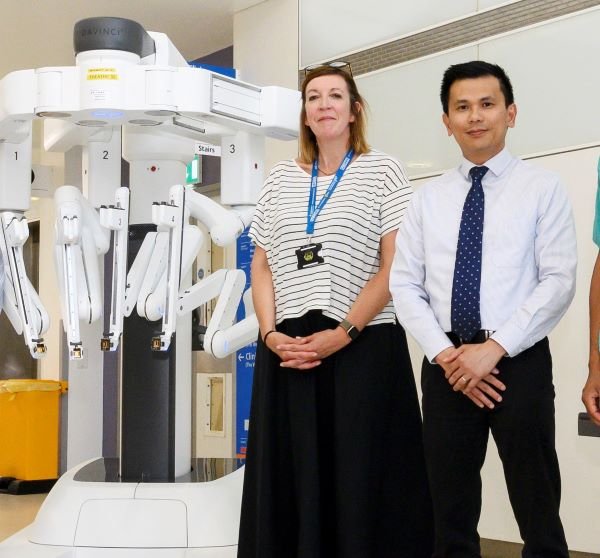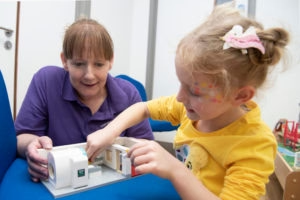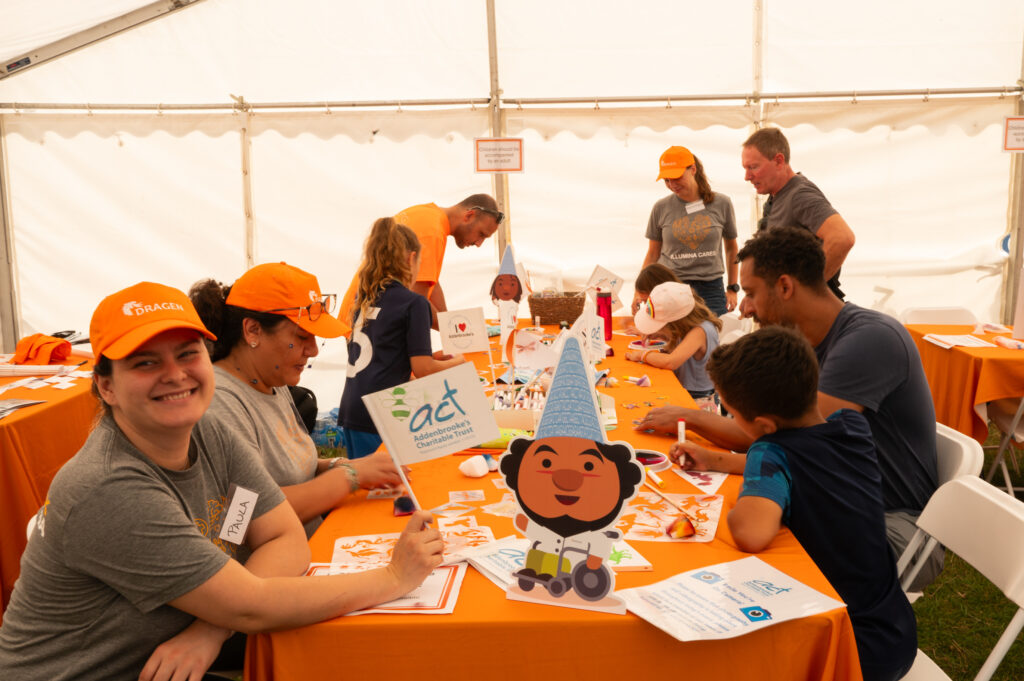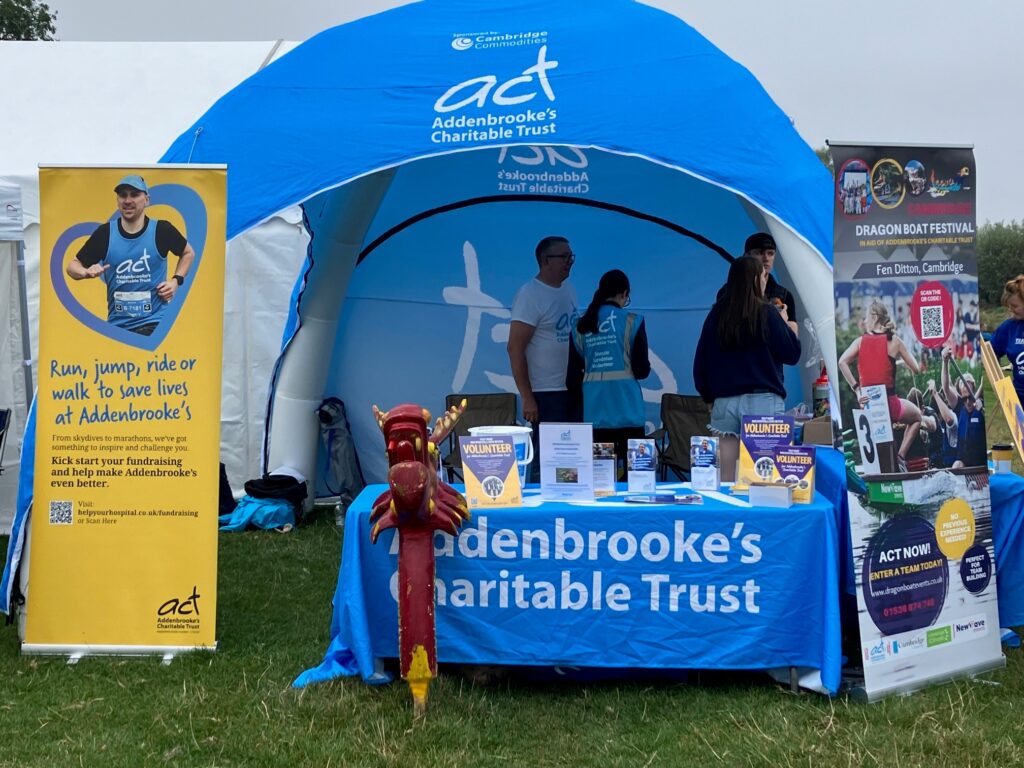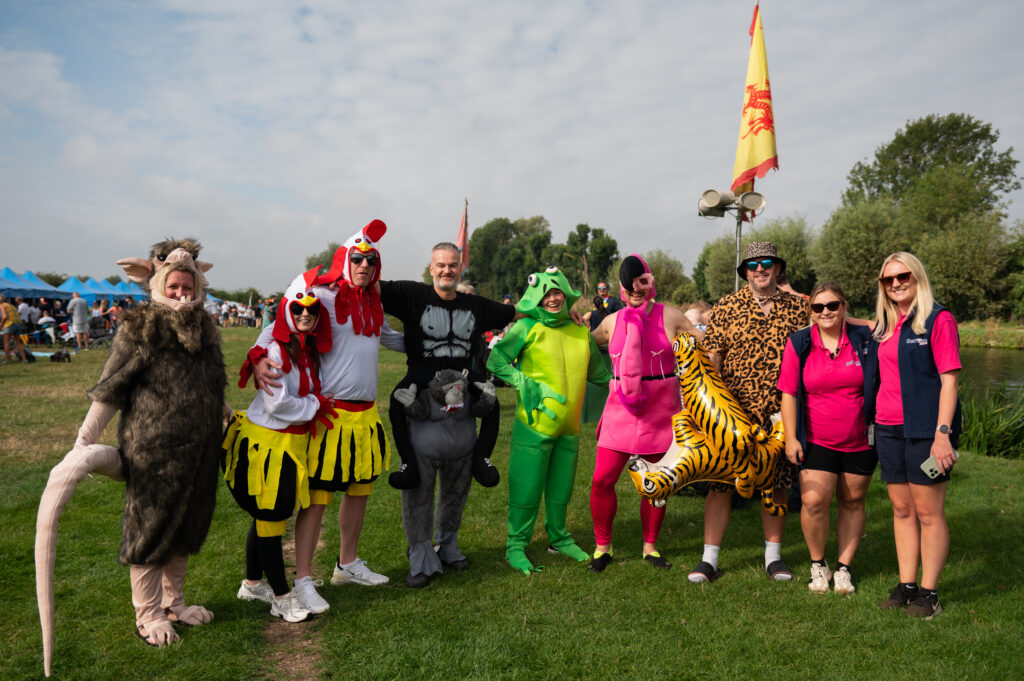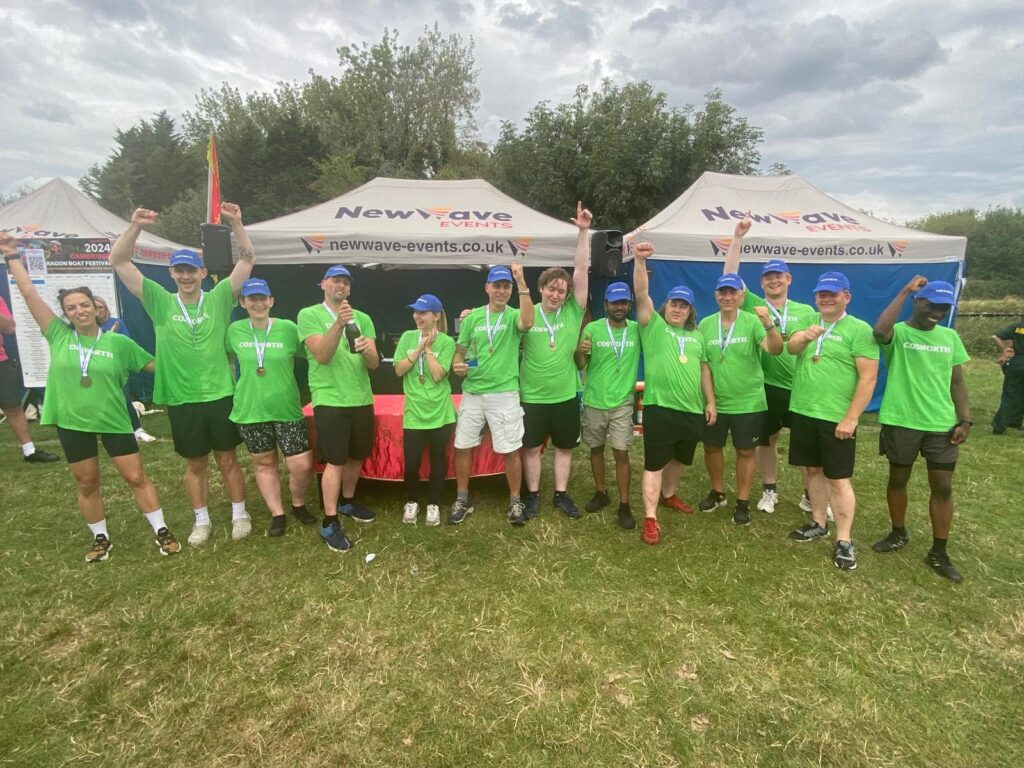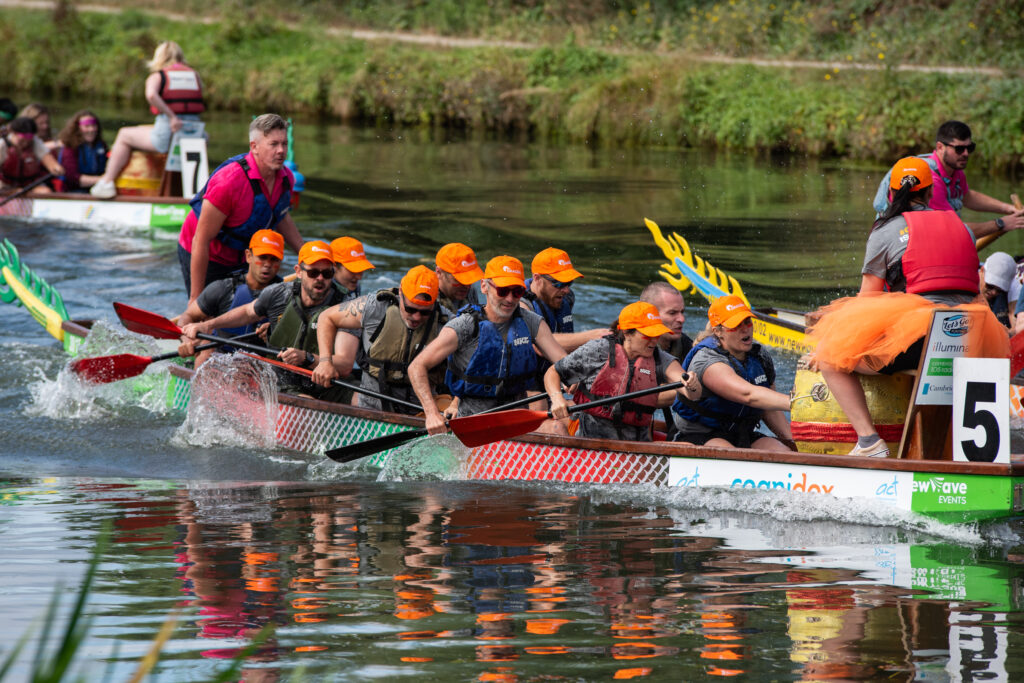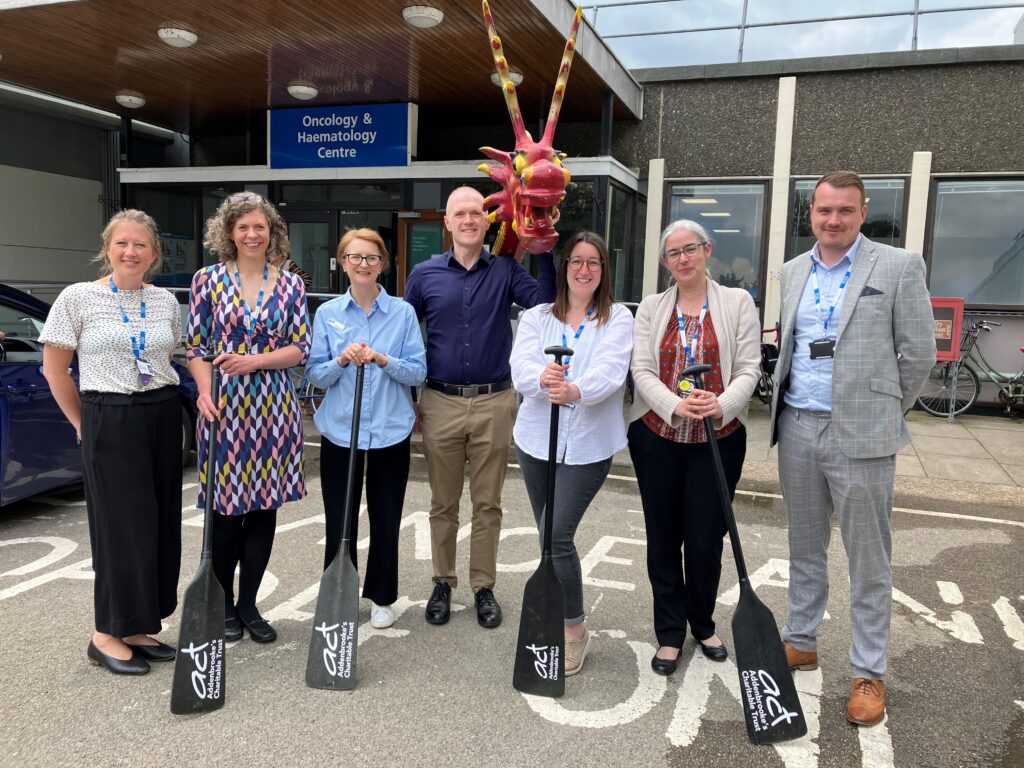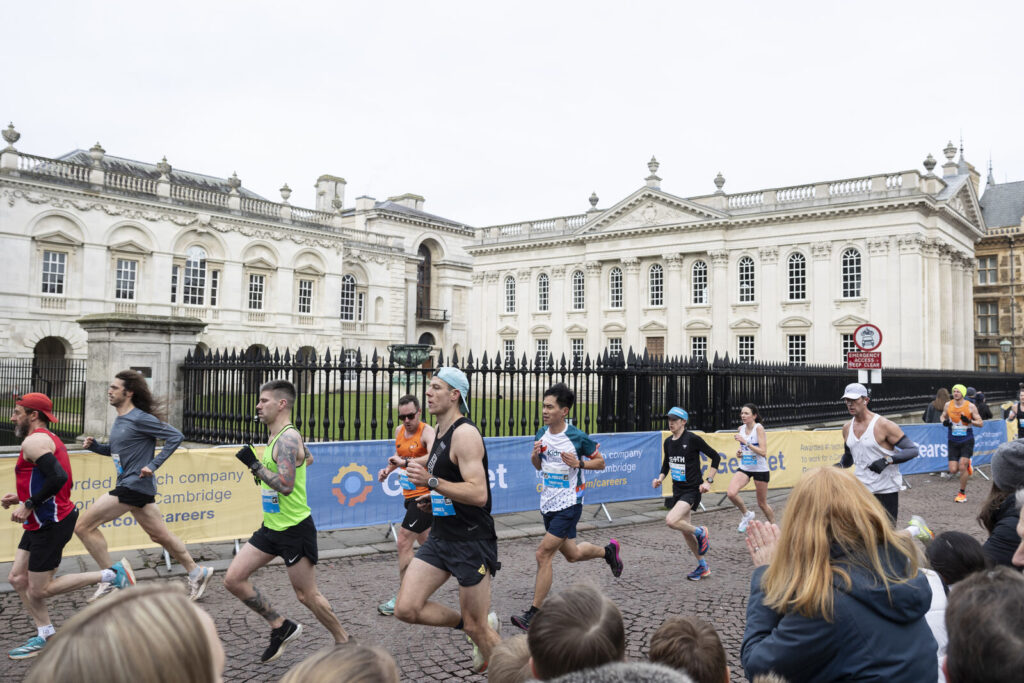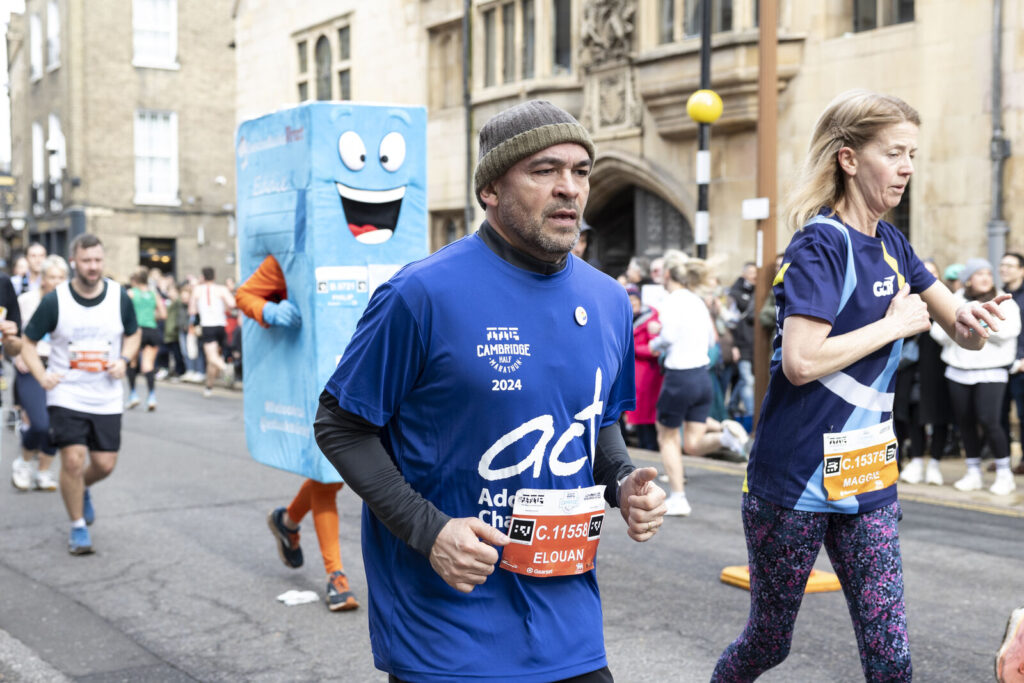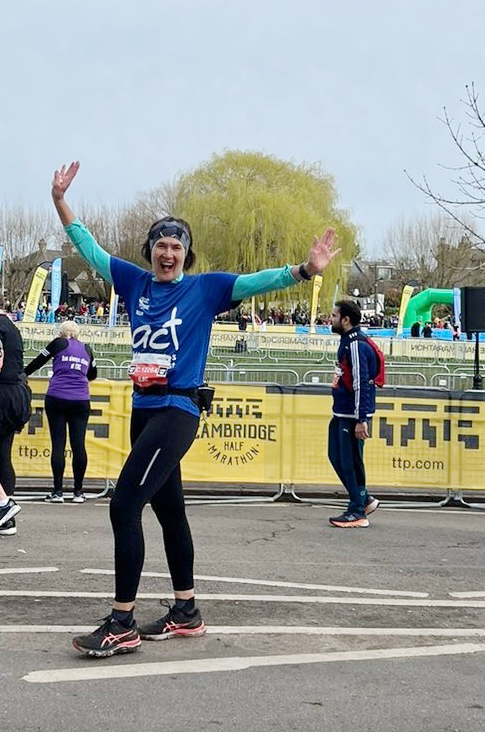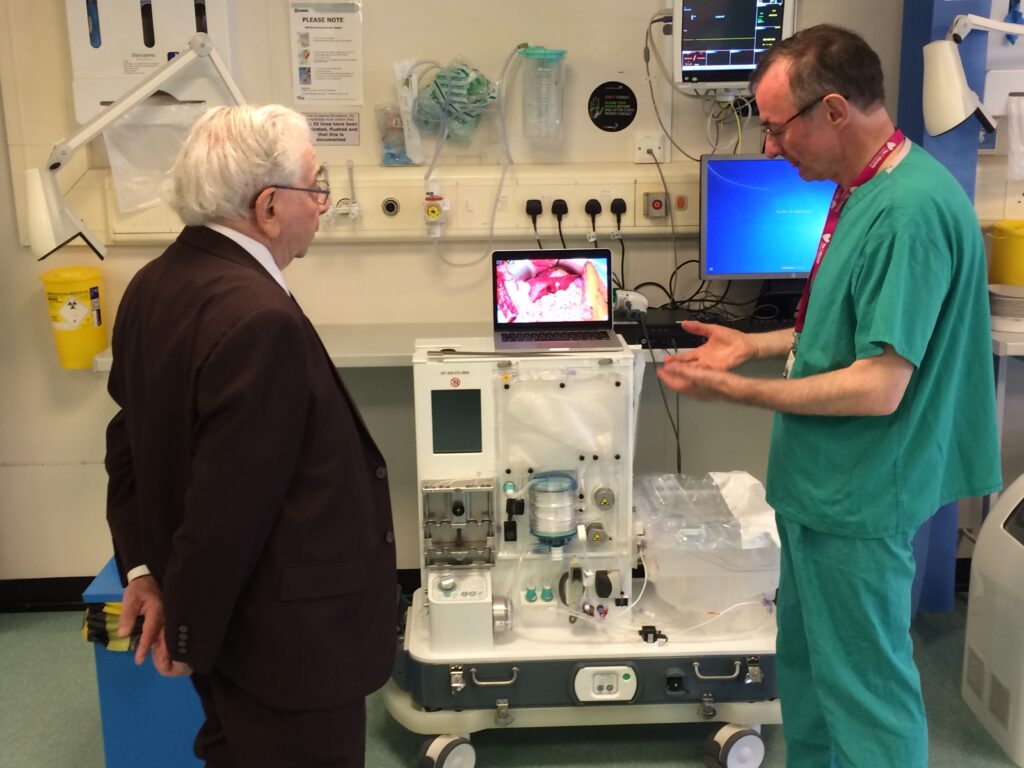Traumatic brain injury is the leading cause of death and disability in children worldwide and more than two thirds of the survivors suffer longer term problems.
The most severely injured are managed by monitoring blood and brain pressure to set treatment targets – with the potential to improve outcomes by individualising targets via real-time analysis of routinely collected data.
This system of monitoring is known as ‘continuous assessment of cerebrovascular autoregulation (CA) using pressure reactivity index (PRx).”
Prior to the STARSHIP study, data collection for cerebrovascular autoregulation monitoring in paediatric traumatic brain injury was limited to single-centre studies, or looking back at past events, suggesting the data may be ‘inadequate.’
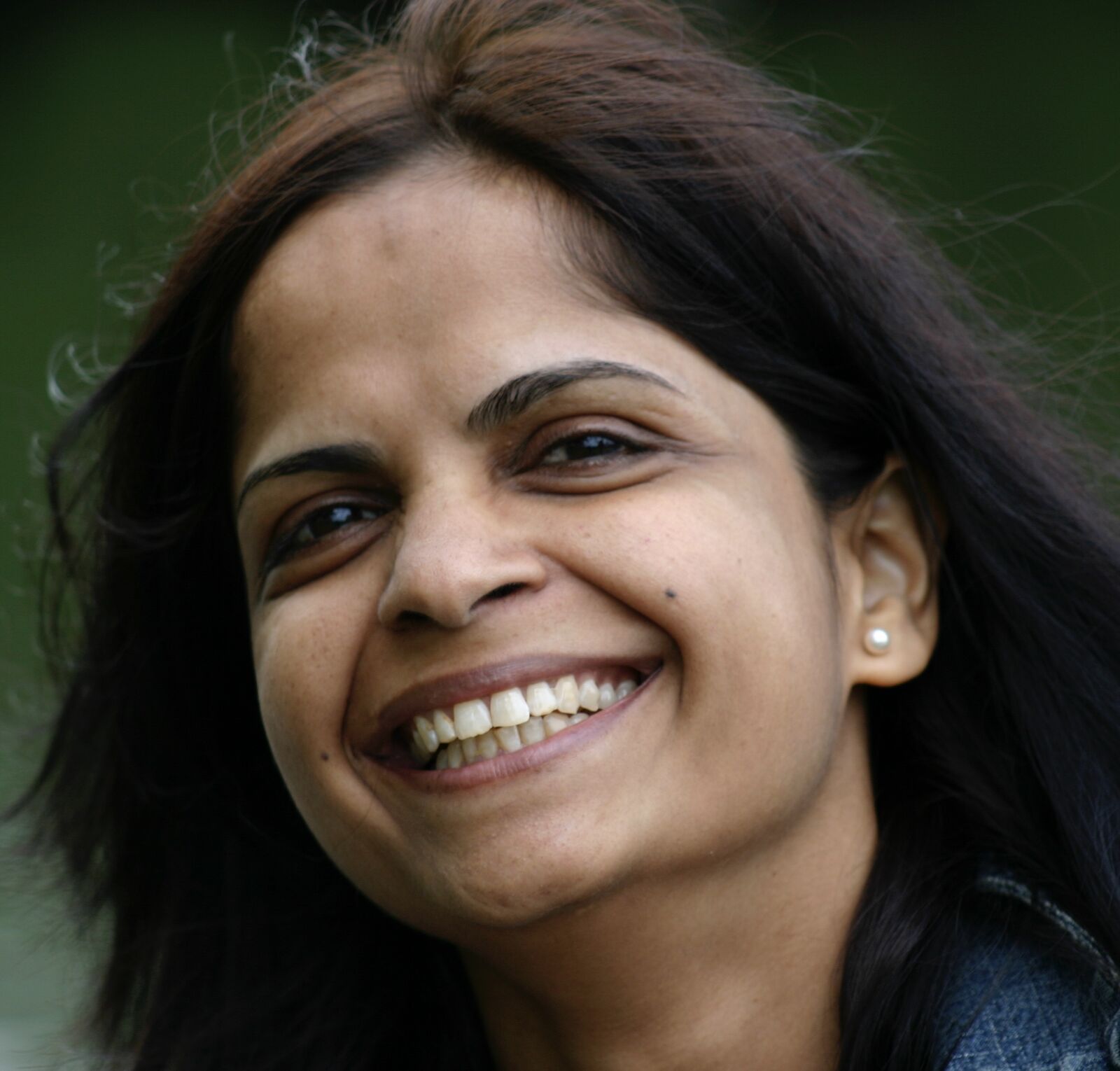
However, the study, led by Dr Shruti Agrawal (R), a paediatric intensivist and paediatric trauma lead at Cambridge University Hospitals, collected data from 10 UK Paediatric Intensive Care Units (PICUs) over five years and focused on 135 children under 16 years old and a multitude of factors associated with favourable outcomes, unfavourable outcomes and deaths. The aim was to identify critical thresholds of PRx in relation to outcome and create a research database.
The study findings support PRx monitoring in paediatric traumatic brain injury which could be used to fine-tune treatment targets with the potential of improving outcomes in this vulnerable group of patients. The improved data resource will ultimately be opened to third-party investigators, encouraging continued research and collaboration to help improve understanding and outcome for paediatric traumatic brain injury.
Dr Agrawal said: “Understanding the underpinning principles and management of raised intracranial pressure and brain perfusion is essential for reducing the morbidity and mortality of traumatic brain injuries.”
By extending the collection of data to multiple centres, Dr Agrawal said the STARSHIP database offers ‘a unique opportunity of ongoing research and data collection.”
Helping the study were departments within the University of Cambridge; Cambridge and Peterborough NHS Foundation Trust; Birmingham Children’s Hospital; Great Ormond Street Hospital; Leeds Children’s Hospital; Manchester Children’s Hospital; Nottingham Children’s Hospital; Oxford University Hospitals; Royal London Hospital; Sheffield Children’s Hospital and Southampton Children’s Hospital.
The study was funded by Action Medical Research for Children and Addenbrooke’s Charitable Trust (ACT), sponsored by Cambridge University Hospitals NHS Foundation Trust, and supported by the National Institute of Health Research (NIHR) Cambridge Biomedical Research Centre and the NIHR Clinical Research Network.
Shelly Thake, Chief Executive at ACT, said: “We were delighted to be able to help fund this important study, which was only possible thanks to the generosity of our incredible supporters, some of whom will unfortunately have direct experience of the challenges associated with traumatic brain injury in children.”
Dr Caroline Johnston, senior research manager, Action Medical Research, added: “Funding research to further our understanding of traumatic brain injury and the long-term consequences is important and brings hope to children and their families. We are delighted to have partnered with Addenbrooke’s Charitable Trust to work towards improving the understanding and treatment of severe traumatic brain injuries in children.”
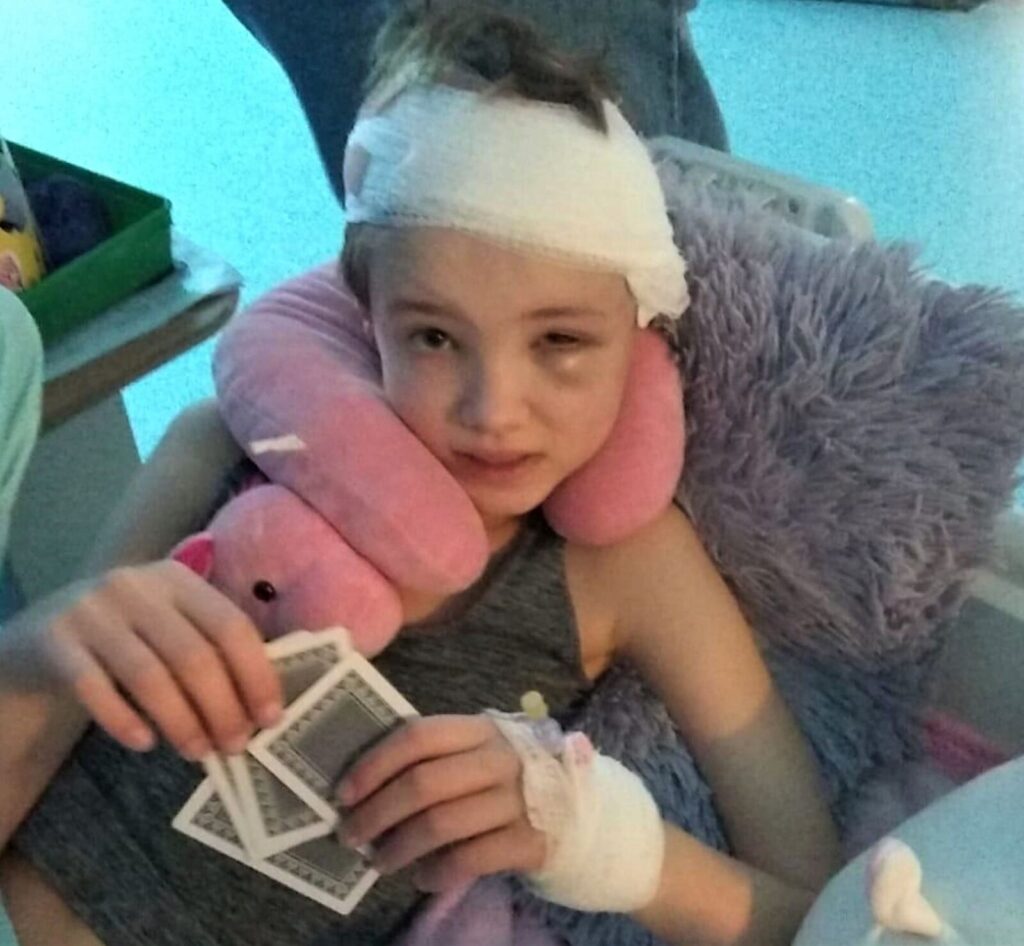
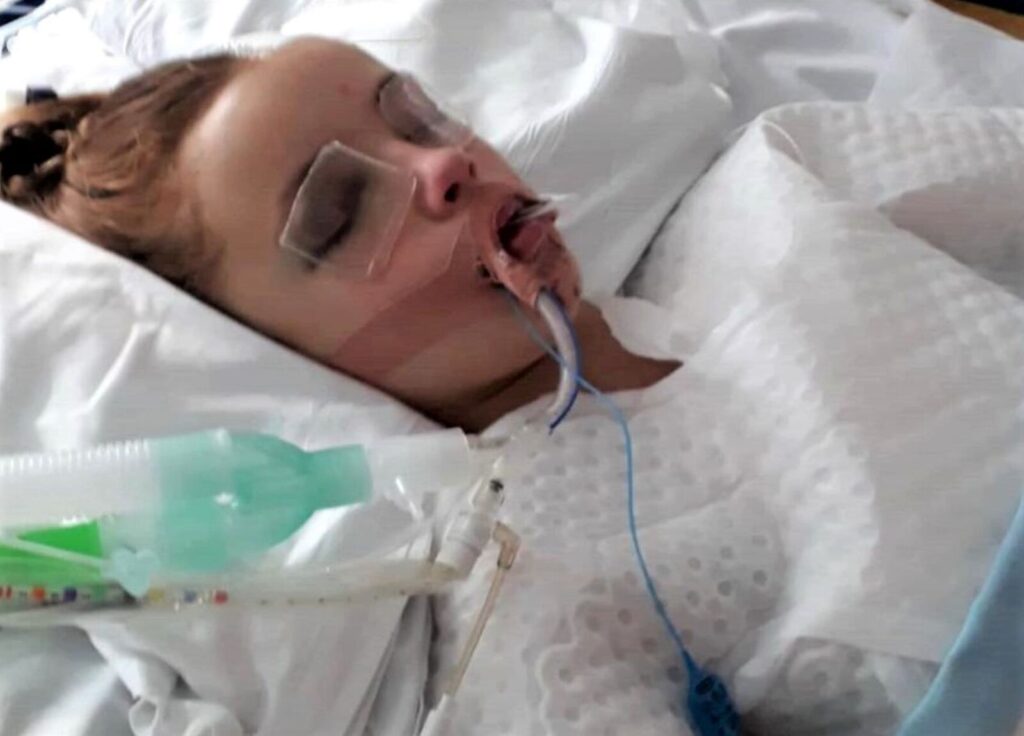
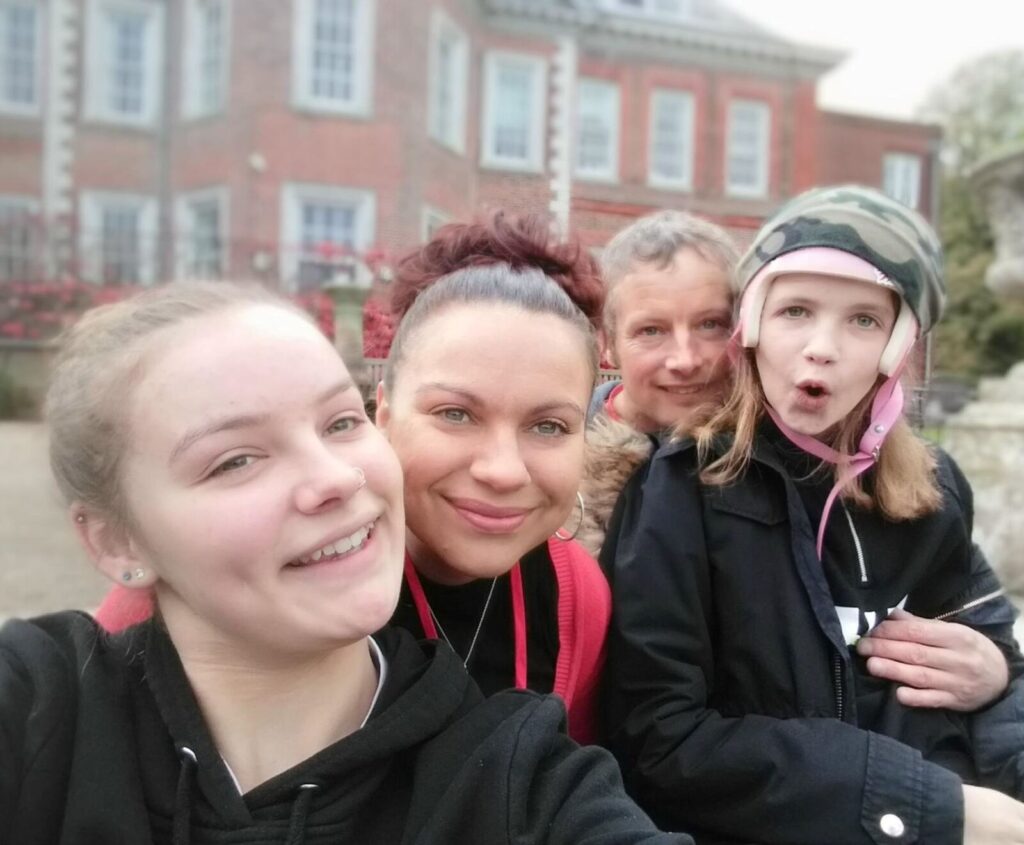
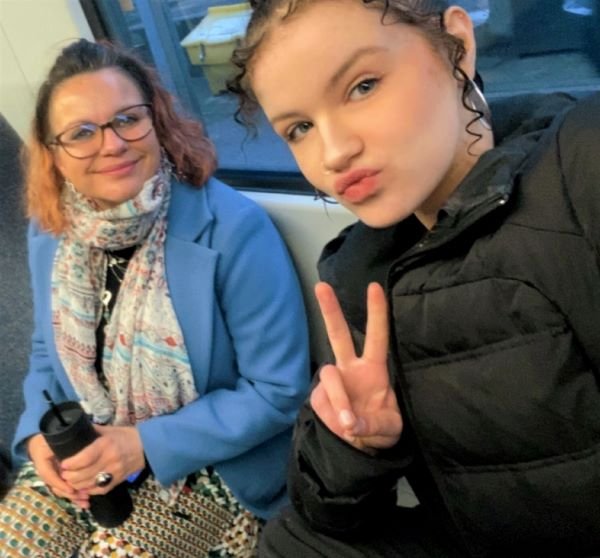
Mia Jack, 18, from Soham was one of 135 children who joined the Starship study and applauded the research and those helping her, saying: “Anything that helps with traumatic brain injury in children – and raises awareness of it at the same time – has got to be a good thing.”
Mia was thrown over the handlebars of a quadbike, and hit a tree headfirst, during a family activity day when she was 12 and put into an induced coma at the scene before being airlifted to Addenbrooke’s. Part of her skull was removed to relieve pressure on her brain in an operation called a craniectomy, but immediately after she needed more surgery to remove a blood clot.
Music-loving Mia, who lives in with sister Isabella Jack,19, mum Angela Paine and her partner Stuart Jack, woke up when she heard a ukulele being played on the ward.
To Angela’s dismay Mia didn’t recognise her and could not walk or talk. But over several difficult weeks, Mia’s determination along with the help of specialists, meant she was finally well enough for the next stage.
After a brief rest at home, she went to The Children’s Trust in Surrey – a charity -which offered a two-month rehabilitation programme involving physiotherapy, speech and language therapy, occupational therapy and hydrotherapy.
As she continued her recovery, Mia would play the piano in the common room. She later returned to Addenbrooke’s to have a titanium plate fitted over the hole in her skull, during which she says David Guetta’s hit ‘Titanium’ became something of a “personal anthem” – and part of her piano playing repertoire.
Cambridge Centre for Paediatric Neuropsychological Rehabilitation offered Mia support over three months, including counselling. It helped her overcome the inevitable low moments, which was also helpful to the family.
The teenager was relieved to return to school and successfully moved up to Cambridge Regional College where she is in her second year of a hairdressing course.
She continues to sing, play the piano, and loves dancing, gymnastics and acting. She hopes to undertake a performing arts course next year and has discovered a talent for poetry.
Mum Angela, who works in catering but is also studying hairdressing, said: “To me Mia’s recovery has been nothing less than a miracle. She is so courageous, so talented, and I am very proud of all she achieves.”
Mia said: “When I woke after the accident I was completely confused and didn’t know who mum was, what had happened, and I didn’t understand what was going on. I was wearing a helmet at the time, but apparently my brain was like a jelly in a box that had been really badly shaken and I was going to be in hospital for some time.”
“To say it was all a bit of a struggle would be an understatement, but I am a fighter and hope someone else can take inspiration from that.
Click here to find out what happens for patients at Addenbrooke’s when supporters help us invest in research.

